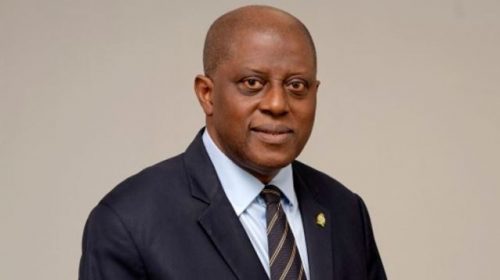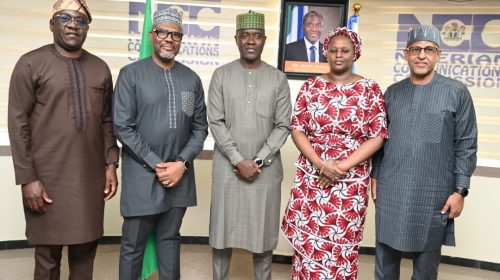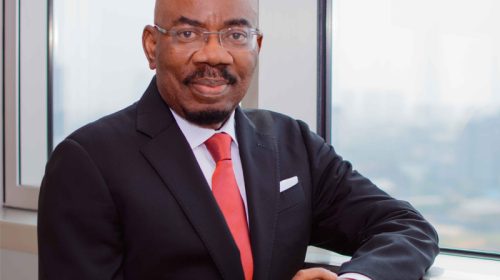Niger Republic: LCCI Weighs Dialogue As Better Tool For Resolution

By Ngozi Onyeakusi—The Lagos Chamber of Commerce and Industry (LCCI) said it has aligned itself with the Government and Heads of States of the Economic Community of West African States (ECOWAS) on the decision to restore democratic order in Niger Republic stating that dialogue would be the better option.
The Chamber made its position known following plans by President Bola Tinubu to
deploy Nigerian troops to Niger to force out the coupists in the country, of which he was requesting the Nigerian Senate’s approval.
A statement signed by the President of the Council LCCI Dr Michael Oluwale said,
“On 30th June 2023, the Governments and Heads of States of the Economic Community of West African States (ECOWAS), issued an ultimatum to the military junta in Niger on the
restoration of democratic order or be faced with the use of military force.
President Bola Tinubu had indicated his plan to deploy Nigerian troops in Niger to force out the coupists in the country, requesting the Nigerian Senate’s approval.
The Lagos Chamber of Commerce and Industry views the ultimatum as hasty and ill-advised.
The Chamber, however, aligns itself with the regional body’s decision to restore democratic order in Niger, one of the world’s poorest countries, however, dialogue would be a better tool to achieve the objectives.
The Chamber recalls with pride the game-changing role ECOWAS through ECOWAS Monitoring Group (ECOMOG), led by gallant Nigerian soldiers, played decades ago. Copied and praised by the United Nations (UN), ECOMOG was to become a model of peace enforcement for the rest of the world.
The challenges in many spheres that the ECOWAS region face today are succinctly quite different.
Like seasons, the time has changed. Economic growth in the sub-region is abysmally poor in the face of high birth rate, weak productivity, manpower shortage and technological challenges.
The world today is more polarised and the propensity to engage in military conflict is high. In today’s world, countries’ actions, and decisions are largely driven by their strategic intents as they pursue their goals and objectives.
At the Chamber, we are stressed to expose the strategic intentions and their benefits, whether in the near- or far-terms behind the inclination to apply the use of military force.
In addition, the Chamber cautions that there may be certain undercurrents the ECOWAS leadership may not be aware of between the leaders and the populace in Niger.
Currently, Nigeria has its political and economic challenges caused by insurgency by Boko Haram and weak security infrastructure. If we do not have the security paraphernalia to deal with Nigeria’s insecurity challenges, it would be detrimental to Nigerian society and economy to deploy troops to Niger.
We understand the need of the Nigerian president, President Bola Tinubu as the Chairman of ECOWAS to make an impact. However, strategic dialogue would serve the purpose better.
Nigerian troops should focus on solving our security problems, as this would promote trade, attract investment, and enhance economic development.
While the Chamber backs the cutting off of electricity supply to the country as one of the measures to bring the junta to its knees and to the negotiating table, we do not support any decision to deploy Nigerian troops as part of the regional military force to Niger.
We fear such a decision may have wider geographical implications.
Besides, the consequences of war, if allowed to start, are quite likely to be too expensive for the weak economies of the member-states of the ECOWAS, especially at this time. In our opinion, top-level political, consultative, and diplomatic engagements with the putschists are likely to be more effective for the needed peace in the sub-region. We, therefore, urge the ECOWAS leaders to explore these routes to resolve the Nigerien impasse.
In response to President Bola Tinubu’s request to deploy Nigerian troops to Niger, the Senate also advised that Nigeria and the Economic Community of West African States (ECOWAS) should take other steps to reverse the coup. They rejected the option of military action in the poor West African nation.
The position of the Senate is consistent with the Chamber’s perspective.







Leave a Reply